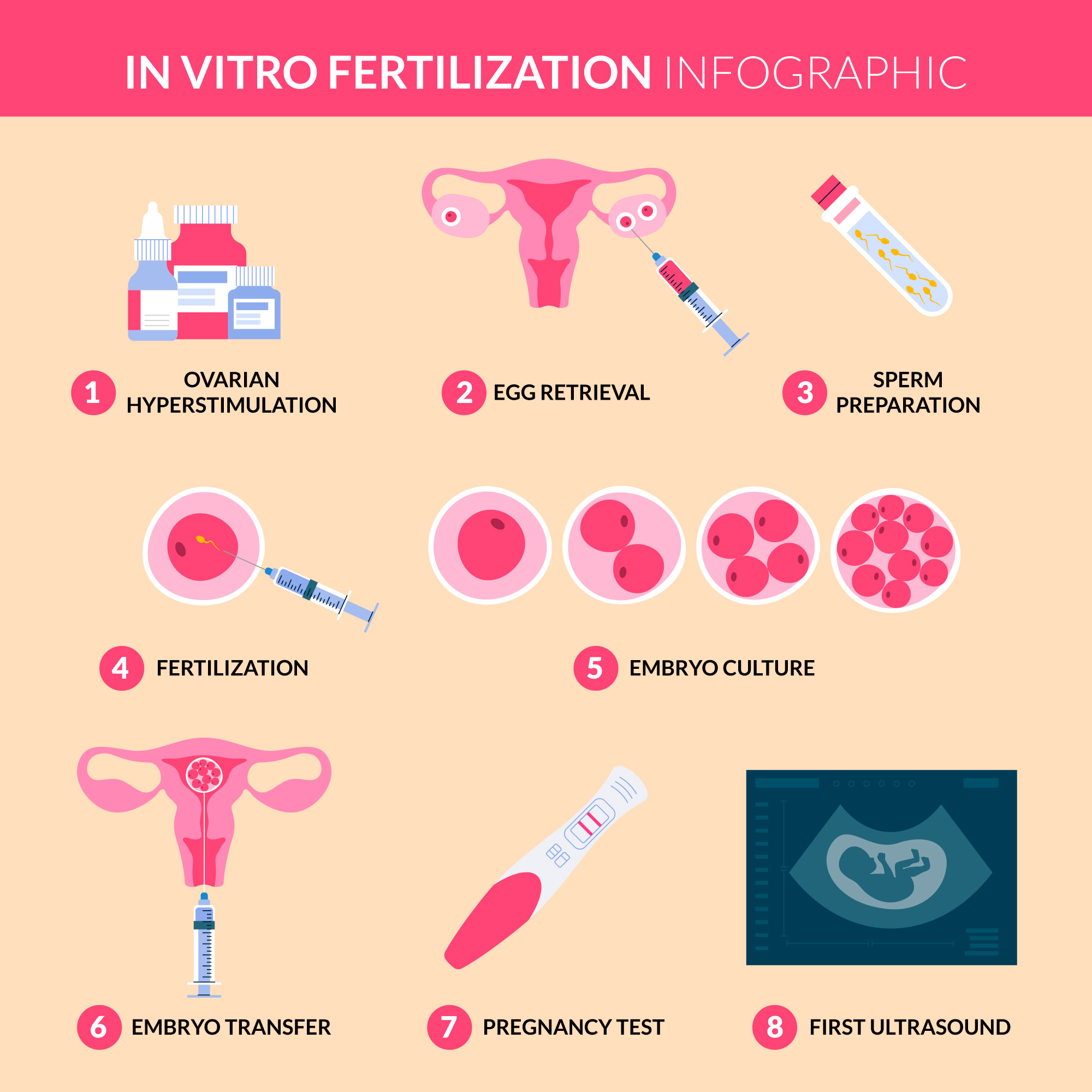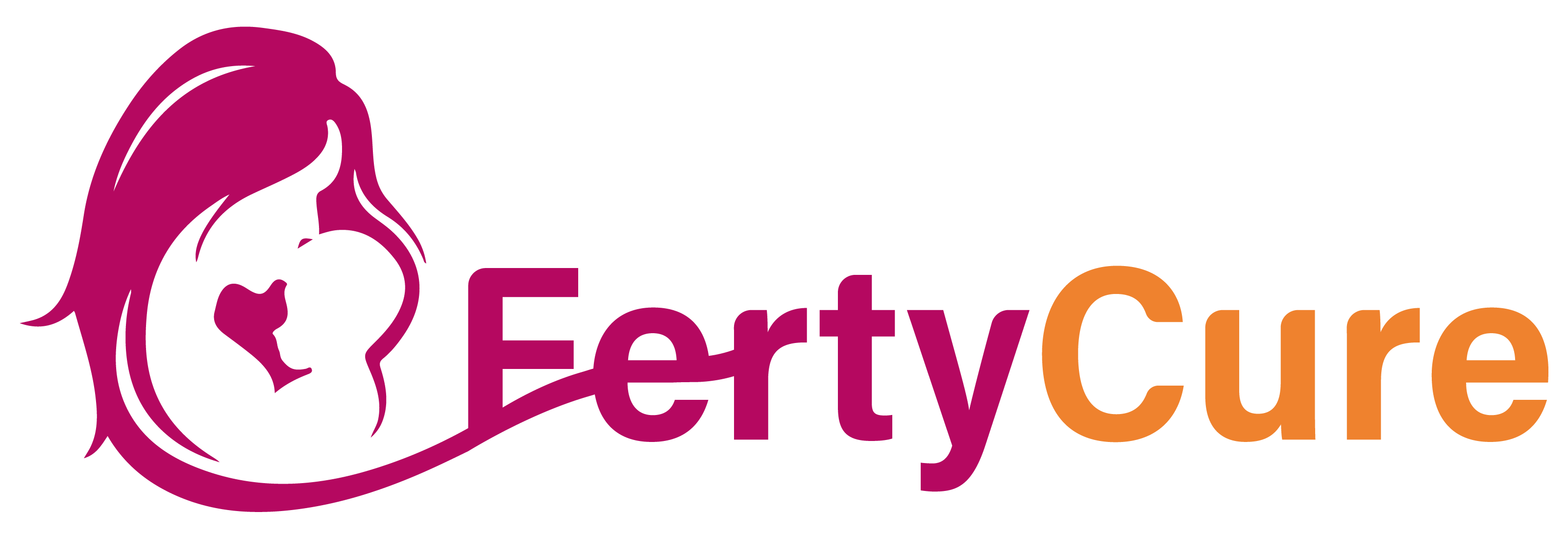Table of Contents
IVF Cost in Tanzania: Navigating Fertility Treatment Expenses
Introduction
In vitro fertilization (IVF) has become a ray of hope for couples struggling with infertility. As medical technology advances, the availability of assisted reproductive techniques like IVF has expanded across the globe. Tanzania, a country in East Africa known for its rich cultural diversity and stunning landscapes, also offers IVF services to those seeking to build families.
However, as with any medical procedure, the cost of IVF in Tanzania is a crucial factor that potential parents need to consider. In this article, we will delve into the various aspects of IVF cost in Tanzania, discussing the factors that influence it, comparing it to international averages, and exploring ways to manage the expenses effectively.
Understanding IVF and Its Costs
What Is IVF?

In vitro fertilization, commonly known as IVF, is a medical procedure in which an egg is fertilized with sperm outside the body, in a laboratory dish. The resulting embryo is then implanted into the uterus to initiate pregnancy.
For any queries regarding your reproductive health/Infertility Treatment and IVF treatment, Contact us at this number. +919044346392 Or Drop a mail here fertycure@gmail.com
The Rising Demand for IVF in Tanzania
Infertility affects millions of couples worldwide, and Tanzania is no exception. The increasing awareness about IVF as a viable solution has led to a surge in demand for fertility treatments.
Factors Influencing IVF Cost in Tanzania

Several factors contribute to the overall cost of IVF in Tanzania:
Medical Evaluation and Consultation:
Before commencing IVF, couples need to undergo thorough medical evaluations to assess their eligibility and determine the best treatment approach.
Medication Costs:
IVF requires various medications to stimulate egg production, suppress natural hormone production, and prepare the uterus for embryo implantation.
Laboratory and Procedure Costs:
This includes the costs associated with egg retrieval, sperm collection, fertilization in the laboratory, and embryo transfer.
Fertility Clinic Reputation:
Clinics with a strong reputation for successful outcomes tend to have higher fees.
- Additional Services: Some clinics offer supplementary services like genetic testing, egg freezing, and embryo storage, which can contribute to the total cost.
IVF Cost in Tanzania vs. Global Averages
A Comparative Analysis
When comparing IVF costs in Tanzania to international averages, it’s important to consider the variations in healthcare infrastructure, quality of services, and economic conditions.
IVF Cost in Tanzania
On average, a single cycle of IVF in Tanzania can cost between $5,000 and $8,000. This cost may or may not include medications, consultation fees, and follow-up appointments.
IVF with ICSI 5000 USD
IVF with FET 4500 USD
IVF with PESA/TESA/TESE 7000 USD
IVF with Sperm Donor 4500 USD
IVF with egg donation 6000 USD
IVF with PGS/PGD 4500 USD
Global Averages
In comparison, the cost of IVF in more developed countries like the United States, the United Kingdom, or Australia can range from $10,000 to $20,000 per cycle. This stark contrast highlights the potential affordability of IVF treatment in Tanzania.
For any queries regarding your reproductive health/Infertility Treatment and IVF treatment, Contact us at this number. +919044346392 Or Drop a mail here fertycure@gmail.com
Managing IVF Expenses Effectively
Exploring Financial Options
Couples considering IVF in Tanzania can explore various financial options to manage the expenses:
Health Insurance Coverage
Some health insurance plans provide coverage for fertility treatments, including IVF. It’s important to thoroughly review insurance policies to understand what is covered.
Fertility Financing Programs
Fertility clinics often partner with financing programs that allow couples to pay for IVF in installments, making it more manageable.
Government Support
In some cases, governments offer financial assistance or tax incentives for couples undergoing fertility treatments.
IVF Success Rate in Tanzania

Statistics and Findings Recent studies show that the IVF success rate in Tanzania hovers around 30-35%. This means that for every 100 IVF cycles performed, about 30 to 35 result in successful pregnancies.
Factors Affecting the IVF Success Rate
Age of the Patient Age is a significant factor when considering the IVF success rate in Tanzania. Younger women typically have a higher success rate due to the better quality of their eggs.
Quality of the Sperm The health and vitality of the sperm play a vital role. A higher sperm count and good motility increase the chances of successful fertilization.
The health of the Uterus A healthy uterus is essential for the embryo to implant and grow. Issues such as fibroids or scarring can impact the success of IVF.
Clinic Expertise The expertise and experience of the clinic and its staff can considerably influence the IVF success rate in Tanzania. Opting for a reputable clinic can make a significant difference.
The Emotional Journey of IVF

The journey of in vitro fertilization (IVF) is a unique and emotional path that countless couples embark upon in the hopes of realizing their dream of parenthood. Beyond the medical procedures and financial considerations, IVF is a profound emotional rollercoaster that can bring both hope and heartache.
The Hopeful Beginnings
The Dream of Parenthood
For many couples, the decision to undergo IVF is driven by an ardent desire to become parents. This dream propels them into the world of fertility treatments, guided by the hope of holding their own child.
Hope and Anticipation
As the IVF process begins, a sense of optimism and anticipation takes root. Each step—consultations, medications, egg retrieval—brings them closer to the possibility of success.
The Rollercoaster of Emotions
Highs and Lows
The emotional journey of IVF is a rollercoaster, marked by exhilarating highs and devastating lows. Positive pregnancy tests lead to euphoria, while negative results bring heartbreak.
Managing Expectations
While hope is essential, couples often find themselves walking a delicate balance between optimism and managing expectations to protect their emotional well-being.
Coping with Setbacks
Navigating Disappointment
Experiencing failed IVF cycles can be incredibly disheartening. Couples are faced with the task of picking up the pieces and finding the strength to try again.
The Power of Support
During moments of despair, the support of loved ones, support groups, and therapists can be invaluable in helping couples process their emotions and find solace.
The Courage to Persevere
Resilience and Determination
The emotional journey of IVF requires immense resilience and determination. Couples often exhibit an unyielding spirit, driven by their unwavering desire to become parents.
Celebrating Small Victories
Even amidst challenges, celebrating small victories—like completing a successful cycle or overcoming a hurdle—serves as a reminder of the strength within.
Building Bridges in Relationships
Strengthening Bonds
While the emotional toll of IVF can be intense, it also has the potential to strengthen the bonds between partners, as they navigate the journey together.
Open Communication
Couples often find that open and honest communication about their feelings fosters understanding and solidarity during times of emotional upheaval.
The Joy of Triumph
The Long-Awaited Victory
For some couples, the emotional journey of IVF culminates in a long-awaited victory—a positive pregnancy test that transforms years of hope into reality.
Embracing Parenthood
The emotional journey of IVF doesn’t end with a positive result. It transitions into the profound emotions of pregnancy and parenthood, bringing new experiences and challenges
Conclusion
Embarking on the IVF journey in Tanzania comes with its challenges, but it also holds the promise of building families and creating cherished moments. While the cost of IVF may seem daunting, the accessibility and affordability of treatments in Tanzania offer hope to couples seeking fertility assistance.
By understanding the factors that influence costs, exploring financial options, and managing the emotional aspect of the journey, couples can navigate the path toward parenthood with resilience and determination.
For any queries regarding your reproductive health/Infertility Treatment and IVF treatment, Contact us at this number. +919044346392 Or Drop a mail here fertycure@gmail.com
FAQs
Q1: Is IVF the only option for infertility treatment in Tanzania?
A1: No, IVF is one of several fertility treatments available in Tanzania. Depending on the individual's medical condition, doctors may recommend alternative approaches.
Q2: What factors determine the success of an IVF cycle?
A2: The age of the woman, the quality of eggs and sperm, the fertility clinic's expertise, and overall health play significant roles in IVF success.
Q3: Can I travel to Tanzania for IVF treatment if I'm from another country?
A3: Yes, Tanzania welcomes international patients for IVF treatment. However, it's essential to research clinics, understand legalities, and consider potential travel restrictions.
Q4: Are there any lifestyle changes that can improve IVF success rates?
A4: Maintaining a healthy lifestyle, including a balanced diet, regular exercise, and stress management, can positively impact IVF outcomes.
Q5: What role does preimplantation genetic testing (PGT) play in IVF?
A5: PGT is a procedure used to screen embryos for genetic disorders before implantation, increasing the chances of a successful pregnancy and reducing the risk of genetic conditions.

